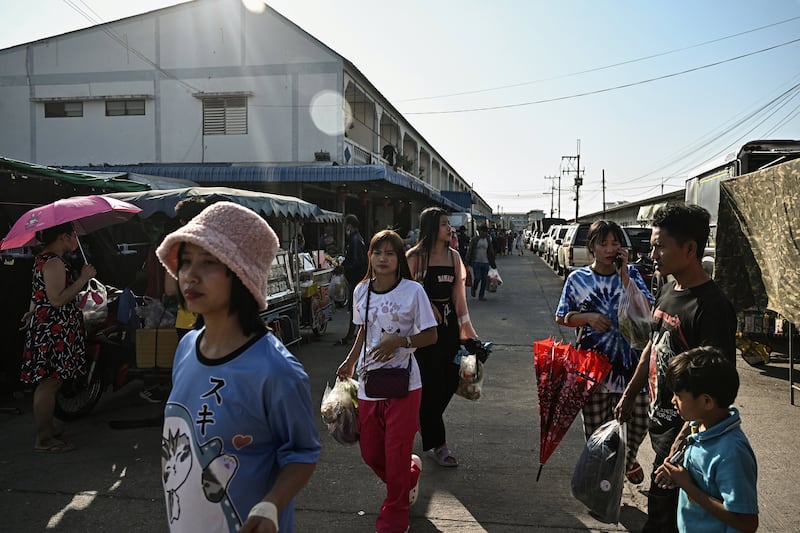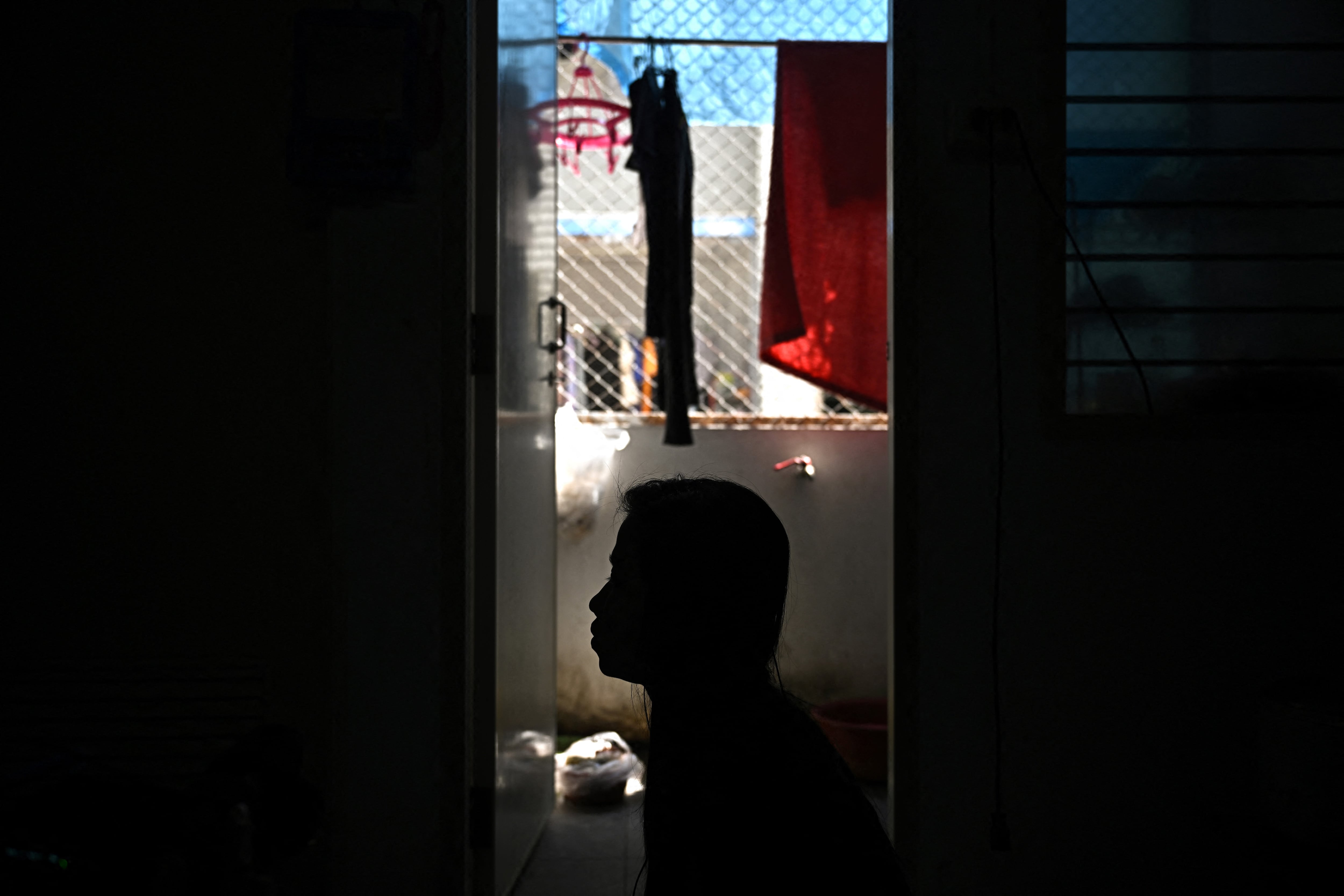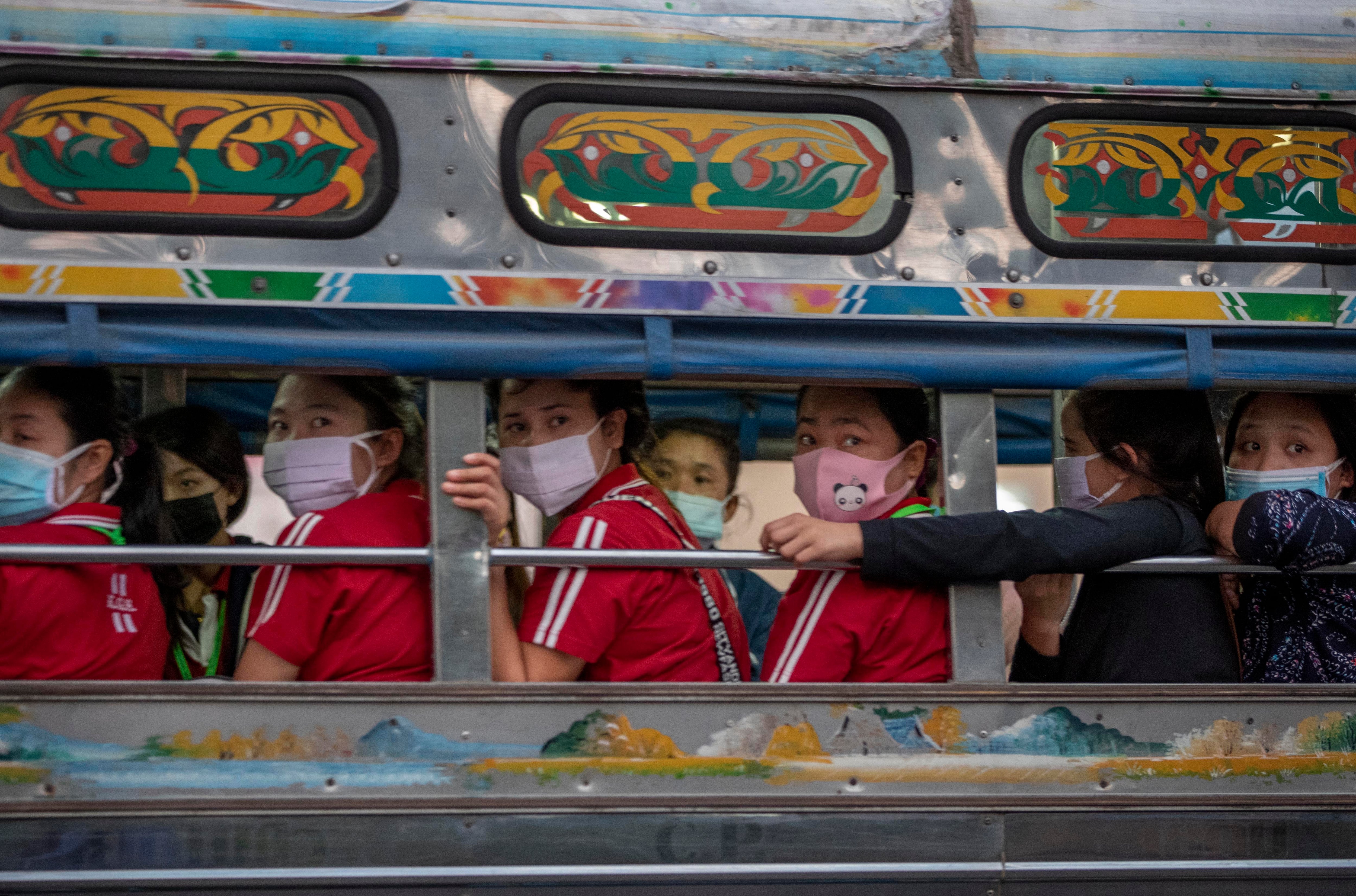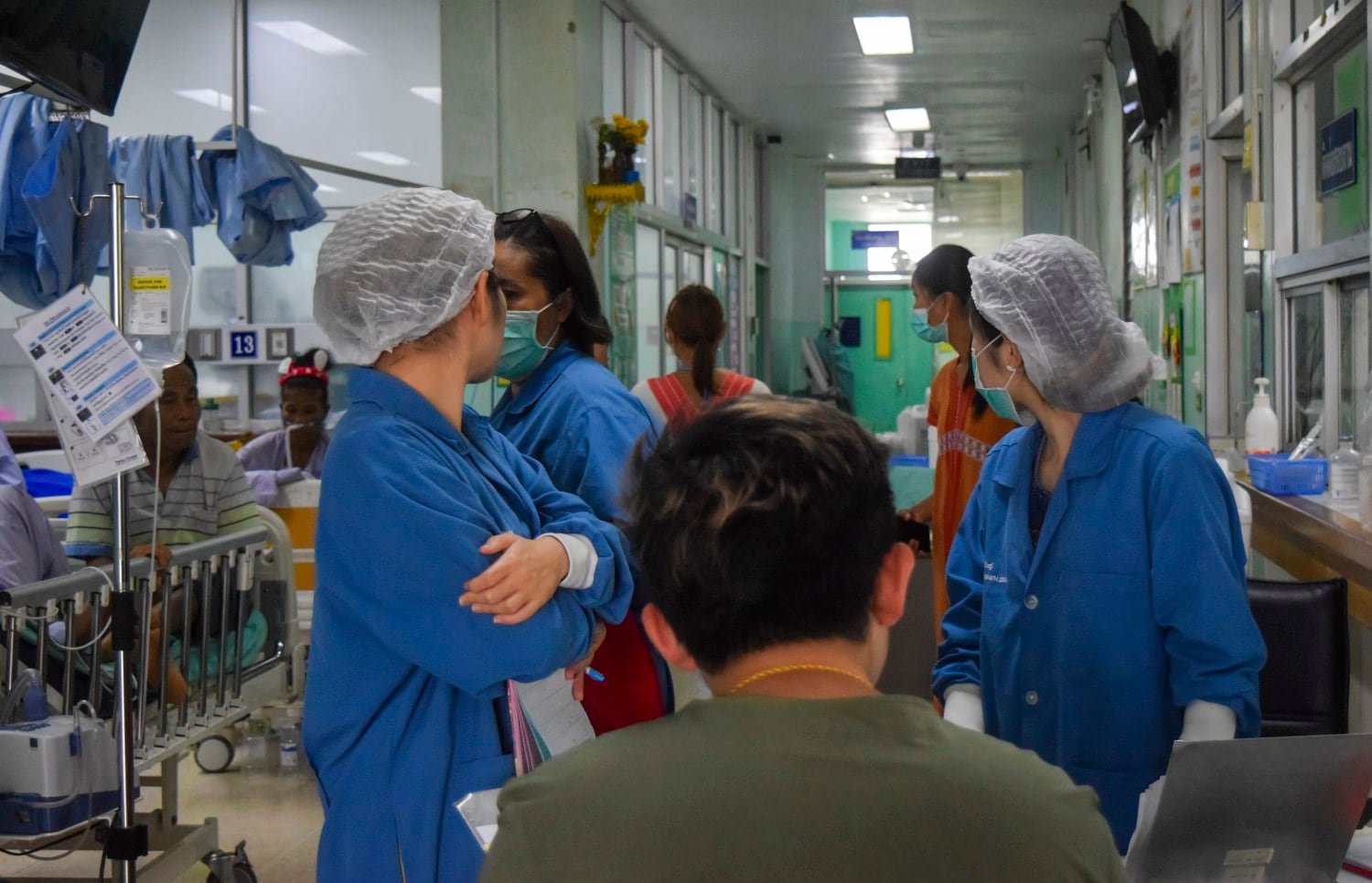MAE SOT, Thailand – When Aung Hein Thant’s brother went to a hospital in Thailand following a serious head injury from a motorcycle accident, he faced an unexpected and troubling situation: the hospital required him to show his passport and pay a deposit of US$5,800 before providing treatment. Facing a series of delays, he ultimately died from his injuries.
“I thought at first everyone should have equal rights,” Aung Hein Thant told RFA Burmese, calling the hospital’s actions “discriminatory.”
Thailand’s constitution guarantees patients’ fundamental rights to medical care without discrimination on grounds such as nationality, status, social standing or the nature of their illness.
However, in a 2024 study by the International Organization for Migration, or IOM, 22% of respondents said that discrimination was a barrier to accessing healthcare, while 45% responded that cost was an obstacle.
The situation for Myanmar nationals has only grown more precarious since a 2021 military coup that has prompted an exodus to Thailand. Many have come to rely on Thai hospitals for medical support. The U.N. estimates that more than 4 million Myanmar nationals now live in Thailand, but labor activists put the number as high as 7 million.
Many remain undocumented. Those who choose to register through the junta-controlled Myanmar Embassy in Bangkok risk being identified as participants in anti-junta demonstrations, being denied documentation or facing conscription into the military back in Myanmar.
As a result, they are left without access to Thailand’s universal health insurance – and hospitals are left without any assurance that they can afford care.
As a result, patients from Myanmar are often required to provide a deposit before receiving medical treatment if they are unable to show documentation - even in emergencies, a researcher said.
“In the case of an emergency, if you don’t have your passport, it’s almost 90% certain you won’t receive the healthcare support you might need,” said Htet Khaing Min, a doctor who is researching healthcare access for migrants for the think tank and consultancy firm Shwetaungthagathu Reform Initiative Centre. Fees can range from a few thousand baht for outpatient services to as much as 300,000 Thai baht (US$8,700) for emergency treatment in private hospitals, he said.
“For a situation where a patient might need emergency treatment or [intensive] patient care, you definitely need to be able to give a deposit. Without a deposit, you won’t get it -- it’s definite,” Htet Khaing Min told RFA.

The influx of migrants has also fueled rising discrimination from some Thais, both online and offline. Support groups say Myanmar nationals are increasingly seen as competitors for jobs and essential resources like healthcare.
Patients who can’t pay their bills
The IOM survey also found that around one-third of Myanmar migrant households in Thailand lack any form of health insurance. This leaves hospitals to shoulder the financial burden when undocumented patients cannot pay for treatment – sometimes prompting institutions to ignore legal guarantees and deny care.
An official at a private hospital in Bangkok, speaking on condition of anonymity due to fear of repercussions, confirmed that undocumented patients are often refused admission unless they have the proper documentation and health insurance.
“The hospital accepts patients under the Universal Coverage for Emergency Patients [UCEP] program, but only if they have identity documents and are not completely illegal,” the official told RFA.
Introduced in 2017, the UCEP policy guarantees emergency care at the nearest public or private hospital for the first 72 hours, with no deposit required.
Still, hospitals that treat large numbers of uninsured or undocumented patients often operate at a loss. Some border hospitals report that up to 25% of inpatients and 50% of outpatients are unable to pay their bills, forcing the facilities to defer payments for medicine and other essential supplies while hoping for government assistance.
Some hospitals ask patients with diseases that are expensive and intensive to treat, such as HIV, tuberculosis or hepatitis, to go elsewhere if they’re undocumented and without insurance, said Nang Ei Lawnt Ying, the project manager of a grassroots insurance scheme, M-FUND.
The program, which works with 251 hospitals and clinics in Thailand, provides low-cost monthly insurance for which about 90,000 migrants have registered, easing the friction between Thai hospitals and Myanmar patients.
While many hospitals have committed to providing care to Myanmar nationals regardless of their ability to pay the bill, discrimination and an increased strain on Thailand’s healthcare system still contribute to problems between patients and hospitals, Htet Khaing Min said.
RFA journalist Pimuk Rakkanam in Bangkok contributed to this report. Edited by Taejun Kang, Mike Firn and Mat Pennington.



